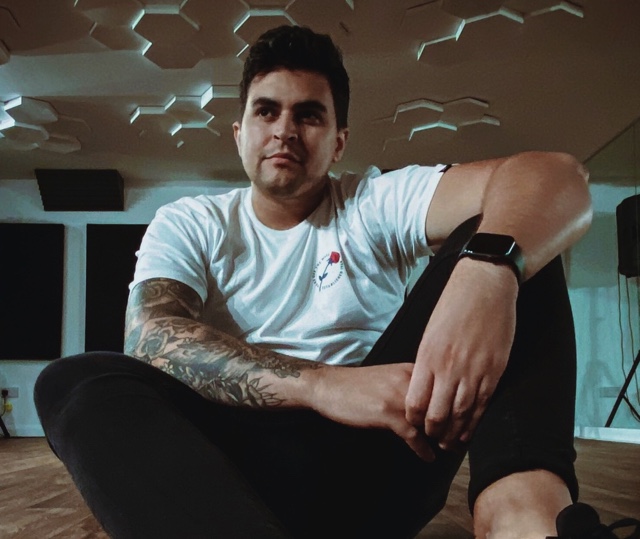Chromebooks vs Laptops: What’s the difference?
Looking to get a new computer? Here are the differences between Chromebooks vs laptops

If you’re looking to pick up a notebook these days, things have gotten a little more complicated now that you have Chromebooks vs laptops to consider, rather than just Windows and Mac. Chromebooks have become very popular over the last few years, with attractive pricing and some eye-catching designs that can also work as tablets.
You may be wondering just what the difference is. After all, can it really be that different from the best laptops if it’s got a trackpad, a keyboard, and a screen. Here’s the main differences between Chromebooks and laptops, and what it means to you.
Chromebooks vs laptops
At the most basic level, you can consider the differences to be down to the operating system, or OS. Chromebooks run on Chrome OS, a lightweight operating system that’s not quite as fully featured as Windows or macOS but has its own benefits.
Chrome OS is ideal for, well, anything you do with Google Chrome on any device. It runs Google Docs, stores files in Google Drive, and is ideal for Gmail users. In fact, anyone that uses a Google Account for anything is likely to find a lot of Chrome OS functions feel familiar.
That said, if you use any specialist software, or really, any software, then your mileage will vary. That’s because unlike Windows or macOS, you can’t install anything on a Chromebook that’s not found within Google’s own web store, save for compatible Android apps.
So if you need to use Photoshop, play games, or even just install a to-do list app of your choosing, you may come unstuck.
Can I use Microsoft Office on a Chromebook?
Yes, but there are caveats. While you wouldn’t be able to install the full suite of Microsoft Office apps on a Chromebook, you can use Office 365 (Microsoft’s online subscription) and run web-based versions of the apps included.
Sign up to receive the latest news, reviews, buying guides and deals direct to your inbox
These can still be used offline, but the experience will take some adjusting to if you’re used to opening up native versions of Word, Excel, Outlook, and co.
For many, though, Google’s own suite of apps like Docs and Sheets will fill the void quite nicely.Can I use a Chromebook offline?
Can I use a Chromebook offline?
Chrome OS no longer relies so heavily on having an online connection, but it definitely remains much more powerful with one (as you can imagine from Google). It’s all on a per-app basis.
Take Drive, for example. Google’s cloud file-sharing platform will let you plonk files inside and access them offline if they’re stored locally, while you can create a fresh Google Doc without being online.
It’s worth noting, though, that Chromebooks tend to ship with lower storage than laptop users might be used to. As a result, you shouldn’t expect to store huge files on it, and can expect to put more files in Google Drive.
Chromebook vs laptops: Which is right for you?
Because Windows and macOS are more demanding operating systems (and, compared to Chrome OS, offer a lot more flexibility), they tend to require more storage and higher-spec processors. That can mean they cost more, but does also allow you to install software of your choosing and be even less dependent on an internet connection.
Chromebooks, on the other hand, are somewhere between a laptop and a tablet in terms of what they can offer; snappy performance, but with the caveat of a limited set of applications and, therefore, utility.
If your day-to-day workload involves anything creative, things can be a little tricky on a Chromebook. Its limited power and app stores combine to impose plenty of restrictions on users. On the other hand, if you spend all day in Google Docs, Sheets, Drive or anything else, then a laptop may be overkill.
Discover more guides for tech at home…
Best home computers
Best TVs
Best Blu-ray players
Best DVD players
Best cordless phones

Lloyd Coombes is Top Ten Reviews' Computing Customer Advisor, and a freelance writer with a specialism in tech, gaming, and fitness. Since starting out as a blogger, he’s written for sites like IGN, TechRadar, and more.
An expert on all things Apple ever since he got a second-hand iMac, Lloyd can regularly be found testing software on iPhone, iPad, Apple Watch and Mac — when he’s not testing the platforms themselves, that is. He’s also Dexerto.com’s Games Editor, and a podcaster.
When he’s not writing, you can probably find him running after his son, playing Destiny 2, or at the gym.
